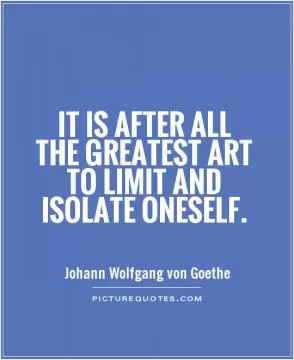Where is the man who has the strength to be true, and to show himself as he is?

Where is the man who has the strength to be true, and to show himself as he is?
Johann Wolfgang von Goethe, a German writer, poet, and philosopher, is often considered one of the greatest literary figures in Western history. His works, including the famous play "Faust" and the novel "The Sorrows of Young Werther," have had a profound influence on literature and thought. In his writings, Goethe often explored themes of authenticity, self-discovery, and the search for truth.One of the recurring themes in Goethe's works is the idea of being true to oneself and showing oneself as one truly is. In his novel "Wilhelm Meister's Apprenticeship," the protagonist, Wilhelm, embarks on a journey of self-discovery and personal growth. Throughout the novel, Wilhelm struggles to find his true identity and to be authentic in his relationships with others. He grapples with questions of identity, purpose, and meaning, ultimately coming to understand the importance of being true to oneself.
In his famous play "Faust," Goethe explores the idea of the search for truth and the consequences of selling one's soul for power and knowledge. The character of Faust is a man who is dissatisfied with his life and seeks to gain ultimate knowledge and power. However, in his quest for knowledge, Faust makes a pact with the devil, Mephistopheles, and ultimately loses his soul in the process. Through Faust's story, Goethe warns of the dangers of sacrificing one's integrity and authenticity in pursuit of power and knowledge.












 Friendship Quotes
Friendship Quotes Love Quotes
Love Quotes Life Quotes
Life Quotes Funny Quotes
Funny Quotes Motivational Quotes
Motivational Quotes Inspirational Quotes
Inspirational Quotes